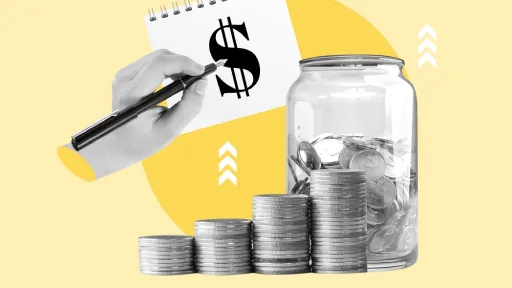In today’s dynamic financial landscape, understanding what is a personal loan and how does it work is more important than ever. With growing expenses, sudden emergencies, and diverse financial goals, personal loans offer a flexible way for individuals to access funds quickly and responsibly. Whether you need to consolidate debt, manage unexpected costs, or finance a major purchase, knowing the ins and outs of personal loans can help you make informed decisions and maintain control over your finances.
What Is a Personal Loan and How Does It Work?
A personal loan is a type of unsecured loan offered by banks, credit unions, and online lenders that allows individuals to borrow a lump sum of money over a fixed repayment period. Unlike secured loans, personal loans typically don’t require collateral, making them accessible but often dependent on the borrower’s creditworthiness.
Key Features of Personal Loans
- Unsecured Nature: No collateral needed, but approval depends on credit score and income.
- Fixed Interest Rates: Usually come with fixed interest rates for predictable monthly payments.
- Set Term: Loan terms can range from one to seven years.
- Lump Sum Amount: Borrowers receive the full loan amount upfront.
- Flexible Usage: The funds can be used for various purposes such as debt consolidation, home improvements, or medical bills.
How Does a Personal Loan Work?
Understanding how a personal loan works involves several key steps:
- Application: You apply for a loan by submitting your financial information, credit history, and employment details.
- Approval: The lender reviews your creditworthiness and determines the loan amount and interest rate.
- Disbursement: Once approved, the loan amount is deposited into your bank account as a lump sum.
- Repayment: You repay the loan in fixed monthly installments over the agreed term, which includes both principal and interest.
- Completion: After all payments, the loan is fully paid off, ideally helping improve your financial situation.
Benefits of Using a Personal Loan
Understanding the advantages makes it clear why knowing what is a personal loan and how does it work matters. Here are some benefits:
- Versatile Use: Can cover a variety of financial needs.
- Predictable Payments: Fixed repayments help with budgeting.
- Quick Access to Funds: Fast approval and disbursement.
- No Collateral Needed: Reduces risk if you lack assets.
- Debt Consolidation: Helpful for combining higher-interest debts into one loan with lower interest.
Things to Consider Before Taking a Personal Loan
Before applying, it’s crucial to evaluate the following factors:
- Interest Rates: Compare rates from multiple lenders to find the best deal.
- Loan Terms: Longer terms mean smaller payments but more interest overall.
- Fees and Penalties: Check for origination fees, prepayment penalties, or late payment charges.
- Your Credit Score: A higher score can unlock better loan terms.
- Repayment Capacity: Ensure the monthly payments fit within your budget.
Common Uses of Personal Loans
Many people use personal loans as a flexible financial tool. Typical uses include:
- Home renovation or repairs
- Medical expenses or emergencies
- Debt consolidation
- Major purchases such as appliances or electronics
- Wedding or travel expenses
Conclusion
Knowing what is a personal loan and how does it work empowers you to make smart financial choices. By assessing your needs, shopping around for the best rates, and understanding the terms, a personal loan can be a valuable resource to meet your goals without compromising your financial health. Remember, responsible borrowing is the key to maximizing the benefits of personal loans in today’s evolving financial environment.


